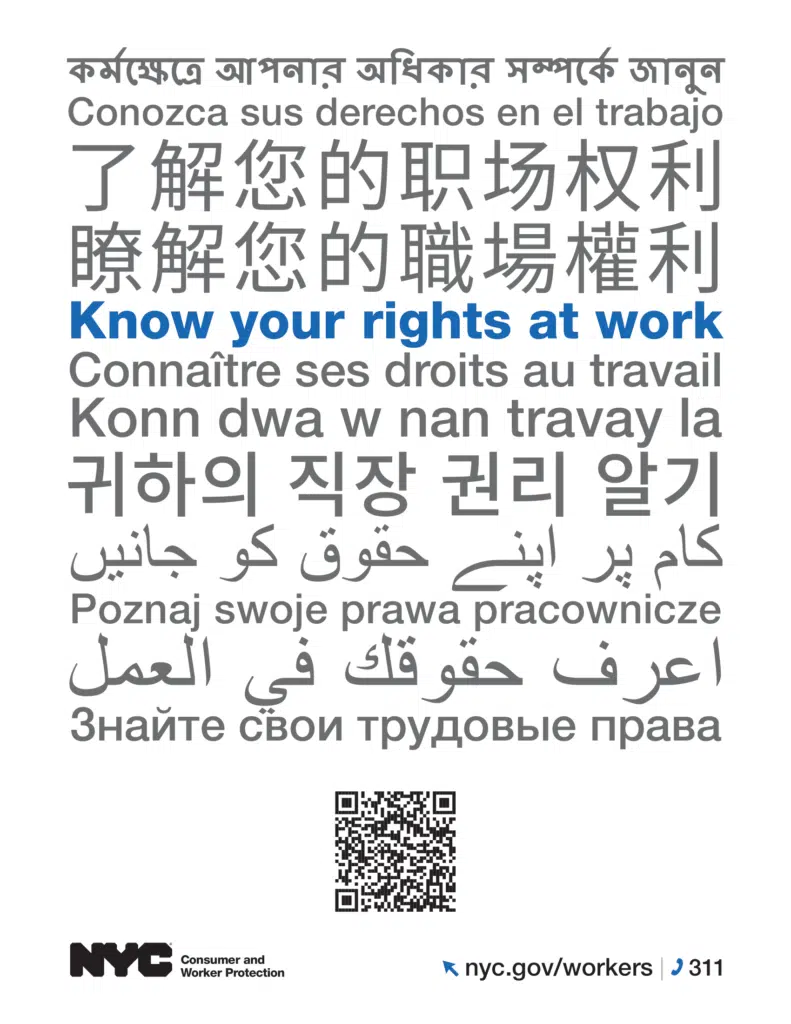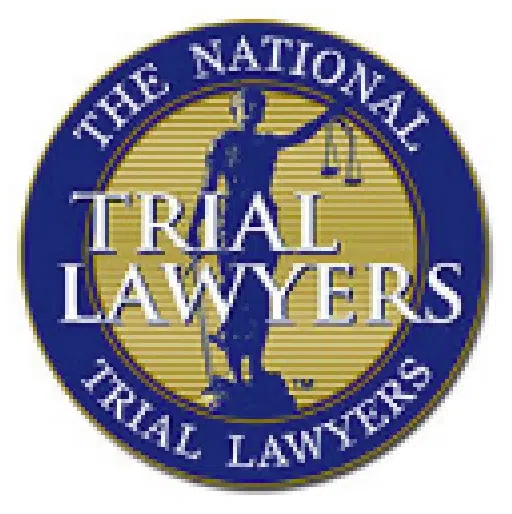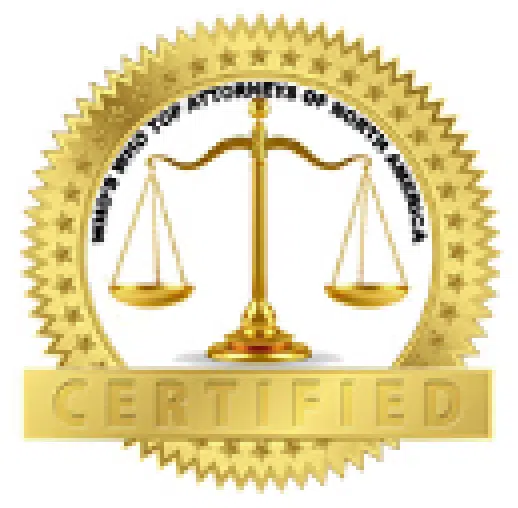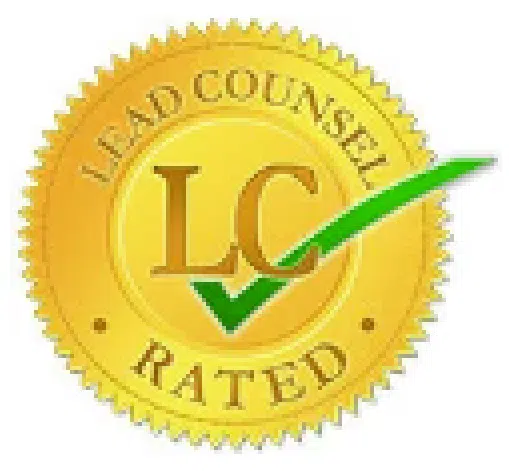Are you a real New Yorker like us? If you work in the city, you’re protected by a collection of federal, state, and city laws collectively referred to as the Workers’ Bill of Rights. Regardless of your immigration status, it’s important to know what protections you’re entitled to under NYC labor laws so your employer can’t take advantage of you. Contact us online or call (855) NYC-HURT today if you have any questions about your rights as a worker.
Key Worker Protections (Enforced by the Department of Consumer and Worker Protection, or DCWP)
Paid Safe and Sick Leave
Any part or full-time worker at any NYC business, nonprofit, or household has the right to between 40 and 56 hours of paid safe and sick leave per year, depending on the size of the employer, with some smaller employers being required to only provide up to 40 hours of unpaid leave.
Workers are allowed to use their leave as they earn it, with no advance notice required, and only having to provide documentation if they will miss more than three straight workdays.
Temporary Schedule Changes
Workers can make temporary changes to their schedules for up to two business days a year, including unpaid time off if necessary, in order to account for personal events. These changes can be used for child or disability care, public benefits hearings, or any use covered by NYC’s Paid Safe and Sick Leave Law.
No Retaliation
Employers aren’t allowed to fire, punish, or otherwise retaliate against workers who try to use these rights.
Industry-Specific Rights
Fast Food Workers
Fast food employers are required to give their workers regular week-to-week schedules at least 14 days in advance. They have to pay premium wages to employees for any schedule changes or “clopening” shifts, or a closing and opening shift back-to-back with little time in between.
They’re also required to give employees a chance to say no to additional work, can’t fire or drastically reduce a worker’s hours without cause, and need to bring back laid off employees when more hours are available.
Retail and Utility Workers
Your employer is required to give you your schedule for the week at least 72 hours before your first shift and can’t make any last-minute changes to it. This allows you time and stability to map out your week without worrying about work ruining your plans.
Delivery Workers
Third-party food delivery apps need to pay their workers a minimum of $19.56 an hour while they’re making deliveries, a floor that will go up every April. That minimum doesn’t include tips, and apps will also have to pay you more in certain circumstances. Apps are required to pay workers weekly, disclose the tip paid for each delivery, and must display the previous workday’s total tips and pay.
To promote safety, apps have to show the details of a delivery route before you accept the gig, and also must allow workers to set limits on delivery distance and the use of certain bridges and tunnels.
Freelancers
If you agree to perform freelance work for a specific employer that would earn you $800 or more over a 120-day period, they need to give you a written contract outlining what you’re hired to do, what you’re going to be paid, and when. If the contract doesn’t include a specific deadline for payment, the hirer needs to pay up within 30 days of when you finish the work.
Other Industries
Domestic workers, or anyone hired to perform work in someone else’s home, are entitled to basic labor protections under state law and can earn at least 40 hours of paid leave annually under the NYC Paid Safe and Sick Leave Law. The Workers’ Bill of Rights also requires grocery stores to retain existing employees for at least 90 days after being sold to a new owner.
Additional Labor Rights (Enforced by Other Agencies - City, State, and federal labor laws)
Minimum Wage & Hour
All New York workers are owed a minimum wage of at least $15, with some lower rates applying to tipped service workers. You’re also owed additional pay for working more than 40 hours a week, for being sent home early, for having a split shift, or for cleaning your own uniform.
Paid Family Leave
Employers must provide up to 12 weeks of paid time off to employees to bond with a new child, care for a sick family member, or help family members when a loved one is on military deployment.
Safe Workplace
In addition to your federal right to a safe workplace, the NYS HERO Act allows employees to create a “workplace safety committee” to address hazards and organize training sessions.
Job Applicant Rights
Job listings are required to include the position’s pay range, and employers aren’t allowed to ask about your salary history during interviews. Under NYC labor law, they’re also prohibited from using automated tools to make decisions during the hiring process without proper notice or conducting a bias audit.
Employer Responsibilities and Enforcement
Employers are required to display a multilingual poster with a QR code that leads to the NYC Department of Consumer and Worker Protection website. They must also provide or post written notices in the workplace regarding applicable protections guaranteed by the Workers’ Bill of Rights.
In NYC, call 311 or submit a complaint online if you think your employer is violating these rules. While the first instance may prompt a warning, employers can face $500 fines for continuing violations.
New York Workers’ Bill of Rights Poster
Employers in New York City are required to provide employees with the multilingual “Know Your Rights at Work” poster, which directs them to the Workers’ Bill of Rights webpage for detailed information about workplace protections and entitlements.

FAQs About the New York Workers’ Bill of Rights
1. How do I report a violation of the NYC Workers’ Bill of Rights?
File a Complaint with the NYC Department of Consumer and Worker Protection (DCWP): This is the primary avenue for reporting violations. You can typically file a complaint online or by phone.
To effectively address violations of the New York Workers’ Bill of Rights, it’s crucial to gather evidence. Compile any relevant documentation to support your claim. This may include:
- Pay stubs: To demonstrate discrepancies in wages, overtime pay, or deductions.
- Timecards: To prove hours worked, overtime hours, and breaks taken.
- Emails, text messages, or other electronic communications: These can document communication with your employer regarding your concerns.
- Company policies: Obtain copies of any relevant employee handbooks or policies that your employer may be violating.
- Witness statements: If other employees witnessed the violation or can corroborate your account, obtain written statements from them.
2. How can I claim paid sick leave under the New York Workers’ Bill of Rights?
Under the NYC Paid Safe and Sick Leave Law, employers are required to provide paid sick leave to employees. If your employer denies you this leave, you can file a complaint with DCWP. Additionally, the New York State Department of Labor (NYS DOL) addresses violations of labor laws, including paid sick leave. You can report issues regarding workplace rights to the NYS DOL.
Eligibility:
- You must have worked for your employer for a specific period, usually at least 80 hours.
- The paid sick leave law applies to most employees in New York City, but there are some exceptions.
3. What should I do if my employer denies my NYC employee rights?
If your employer denies your rights under the NYC Workers’ Bill of Rights, you can file a complaint with DCWP. It’s also advisable to consult with an attorney to explore your legal options.
4. What are the penalties for employers violating the New York Workers’ Bill of Rights?
Employers who fail to comply with the Workers’ Bill of Rights may face civil penalties. For instance, failing to post or distribute the required “Your Rights at Work” poster can result in a $500 civil penalty per violation. However, for a first violation, the employer may receive a warning and 30 days to correct the issue.
It’s important to act promptly if you believe your rights have been violated. Filing a complaint with the appropriate agency and seeking legal counsel can help protect your rights and ensure that employers adhere to the law.
Learn More About New York’s Workers’ Bill of Rights
Understanding the Workers’ Bill of Rights can be the difference between enduring unfair employment practices and getting the protections you’re entitled to under New York labor laws. If you have questions about workers’ rights, please contact our firm online or call (855) NYC-HURT for assistance or additional information.
Source: https://www.nyc.gov/site/dca/workers/workersrights/know-your-worker-rights.page




















